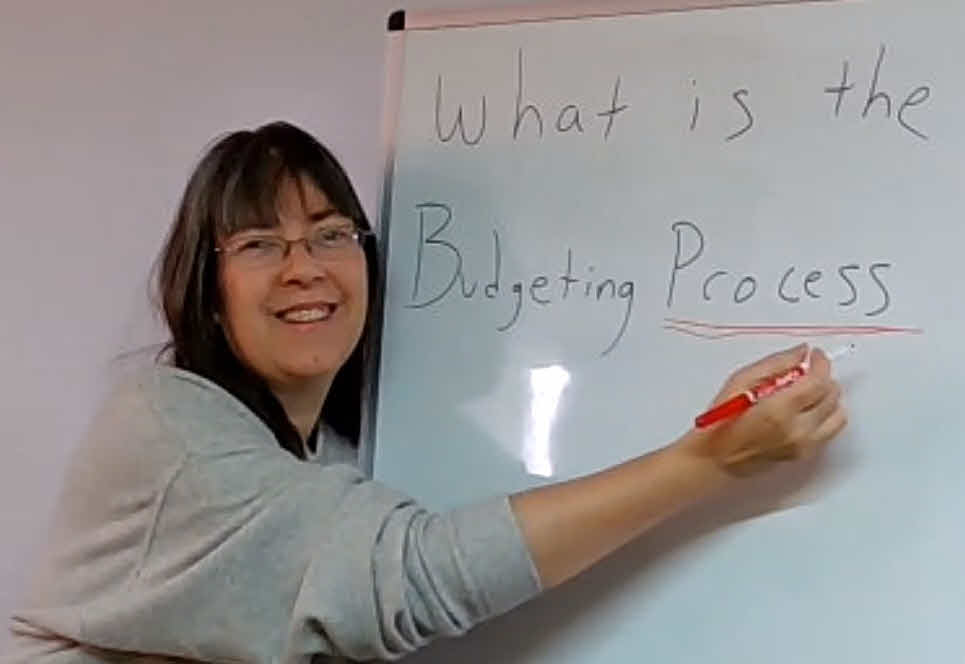
Do you ever feel like, no matter how much you earn, it’s never enough? Does the pursuit of financial security consume your thoughts and actions? You’re not alone. Many people struggle with a distorted perception of their financial situation, a phenomenon known as money dysmorphia.
Instructions:
Rate each statement on a scale from 1 (Strongly Disagree) to 5 (Strongly Agree). Be as honest as possible for the most accurate reflection.
Questions:
- Understanding Value: I often struggle to understand the real value of items or services, seeing them as either significantly more or less valuable than they are.
- 1
- 2
- 3
- 4
- 5
- Emotional Spending: My mood significantly influences my spending habits, leading to impulsive purchases.
- 1
- 2
- 3
- 4
- 5
- Money Anxiety: I frequently worry about money, regardless of my actual financial situation.
- 1
- 2
- 3
- 4
- 5
- Self-Worth and Wealth: My sense of self-worth is closely tied to my financial status or wealth.
- 1
- 2
- 3
- 4
- 5
- Financial Secrecy: I am secretive or uncomfortable discussing my financial situation with others, even when it might be beneficial.
- 1
- 2
- 3
- 4
- 5
- Sustainable Habits: I find it challenging to maintain consistent and healthy financial habits over time.
- 1
- 2
- 3
- 4
- 5
- Wealth Envy: I often feel envious or resentful when others discuss their financial success or possessions.
- 1
- 2
- 3
- 4
- 5
- Risk Tolerance: I have difficulty assessing financial risks, often seeing them as either too threatening or inconsequential.
- 1
- 2
- 3
- 4
- 5
- Financial Goals: I have trouble setting and sticking to realistic financial goals.
- 1
- 2
- 3
- 4
- 5
- Spending Regret: I frequently regret purchases soon after making them, feeling that they were unnecessary or unwise.
- 1
- 2
- 3
- 4
- 5
Scoring:
- 35-50: High likelihood of money dysmorphia. It may be beneficial to seek guidance on developing a healthier financial mindset.
- 20-34: Moderate signs of money dysmorphia. Reflect on areas where your attitude towards money can improve.
- 10-19: Low indication of money dysmorphia. Continue to cultivate a balanced and healthy view of finances.
Note:
This test is a self-assessment tool and not a substitute for professional financial advice or therapy. If you have concerns about your financial health or mindset, consider consulting a financial advisor or therapist.
